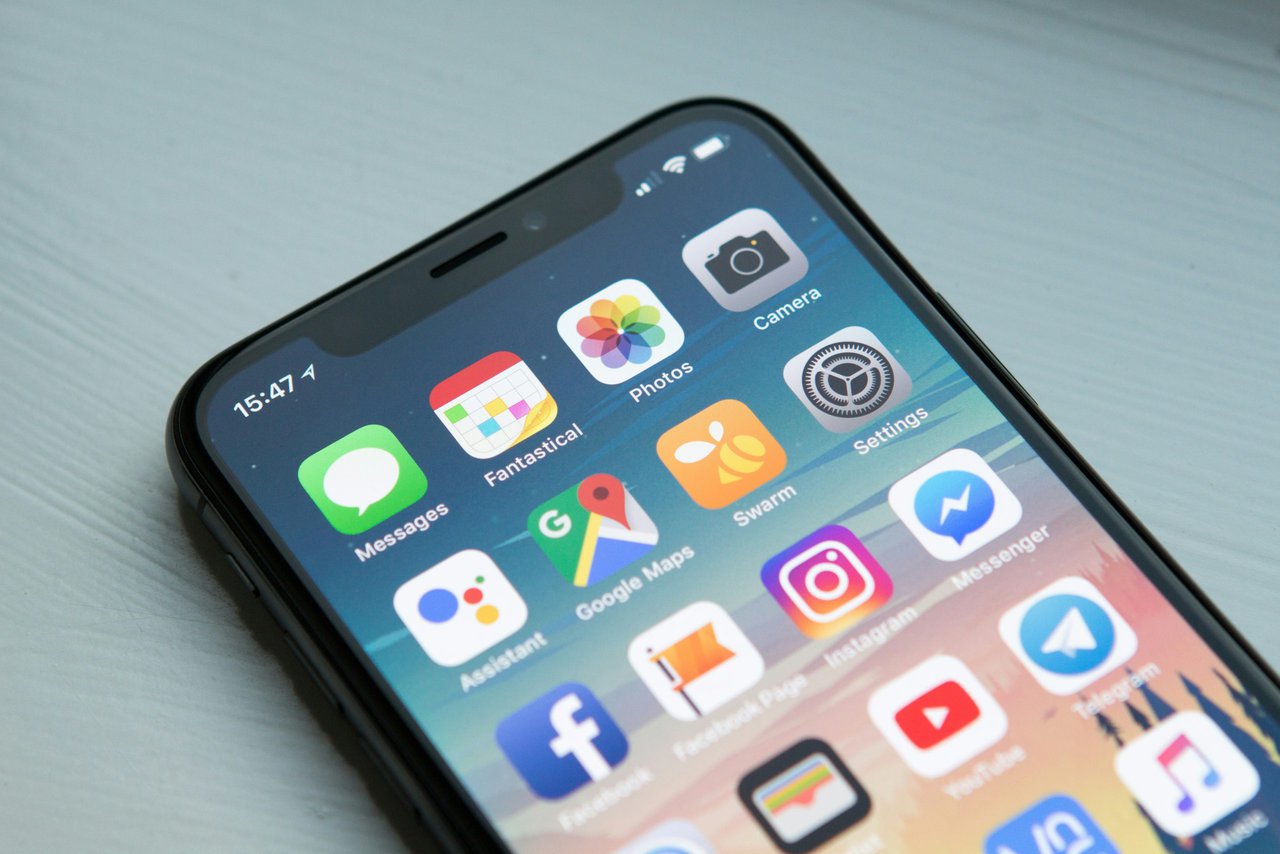Artificial Intelligence (AI) has had a transformative influence on mobile platforms and applications, revolutionizing how we interact with our devices and each other. The rapid integration of AI into mobile technology has enhanced user experiences and opened up new avenues for innovation and personalization in various sectors, including the casino industry.
Transforming Mobile App Development
AI has significantly reduced the complexity of mobile app development. By abstracting the intricate algorithms of AI, developers can now easily integrate sophisticated features like natural language processing, image recognition, and predictive analytics into apps.
The innovation saves development time and allows for a focus on enhancing app-specific functionalities. Moreover, AI’s ability to learn from user-generated data enables mobile apps to evolve continuously, becoming more intelligent and responsive to user needs.

Enhancing User Engagement and Experience
Using AI in mobile apps has led to more intuitive and engaging user experiences. Personalized recommendations, powered by AI’s ability to analyze user behavior and preferences, have become a staple in many apps, making them more user-centric. Furthermore, advancements in voice recognition and natural language processing have made voice-based interactions increasingly common, offering users convenience and accessibility like never before.
AI-driven technologies such as augmented reality (AR) and virtual reality (VR) are pushing the boundaries of user engagement, providing previously unimaginable immersive experiences. Coupled with real-time data integration, these technologies have the potential to revolutionize how we interact with mobile apps.
AI’s Role in Improving App Accessibility
AI is playing a pivotal role in enhancing accessibility within mobile platforms and apps, making technology usable for everyone, including individuals with disabilities. Through features like voice recognition and predictive text, AI removes barriers and creates a more inclusive digital world.
AI-powered voice commands allow visually impaired users to navigate through apps effortlessly, while predictive text features assist users with motor impairments by reducing the need for precise typing.
Personalization at Its Core
AI significantly enhances user experiences across various sectors, including the casino industry. By employing sophisticated AI algorithms that analyze extensive user data, mobile applications can now deliver highly personalized content, recommendations, and services.
The technological advancement has proven to be a game-changer in user engagement, with personalized experiences leading to higher user retention and satisfaction.
Streaming platforms such as Netflix and Spotify are prime examples of services utilizing AI to recommend media tailored to individual user preferences.
Moreover, the impact of AI-driven personalization is not limited to content recommendations alone but also revolutionizes users’ overall app interaction. AI algorithms are adept at adjusting app interfaces, functionalities, and even navigation based on real-time user behavior and preferences analysis.
The customization ensures that users receive a unique and seamless experience, whether through a fitness app creating personalized workout plans or e-commerce platforms offering shopping experiences curated to users’ preferences. Specifically, in the casino industry, AI enables the creation of personalized gaming experiences and promotional strategies, such as the BetMGM Casino bonus code, designed to cater directly to individual users’ preferences and play styles.
Streamlining App Development with AI
AI is transforming the mobile app development process, making it more efficient and streamlined. By automating routine tasks, AI enables developers to focus on more complex and creative aspects of app development. AI-driven tools can assist with coding, debugging, and testing, reducing the time and effort required to bring new apps to market.
AI can suggest code optimizations, identify potential bugs before they become problematic, and even generate code for specific functionalities. It not only speeds up the development process but also enhances the quality of the final product. Moreover, AI can analyze user feedback and app performance data to recommend improvements, ensuring that apps evolve in response to user needs and preferences.
AI’s impact on mobile app development is also evident in its ability to personalize the development process. By using machine learning algorithms, development tools can adapt to individual developers’ coding preferences and habits, offering customized suggestions and shortcuts. It improves developer efficiency and enhances job satisfaction by reducing the monotony associated with coding.
Additionally, AI-powered predictive analytics can forecast app performance and user engagement, allowing developers and marketers to make data-driven decisions.
AI-Enabled Security in Mobile Apps
AI significantly strengthens the security measures in mobile platforms and applications, providing a robust shield against cyber threats. By integrating AI with mobile app security protocols, developers can now preemptively identify and neutralize potential vulnerabilities, ensuring user data remains safe from unauthorized access.
AI-driven security systems are capable of learning from past attacks, enabling them to predict and mitigate future threats more effectively.

Final Thoughts
The impact of AI on mobile platforms and apps extends far beyond just technological advancements; it is reshaping how we live, work, and play. By making mobile technology more intelligent, personalized, and engaging, AI is enhancing user experiences and opening up new possibilities for innovation across various industries, including the casino sector.
